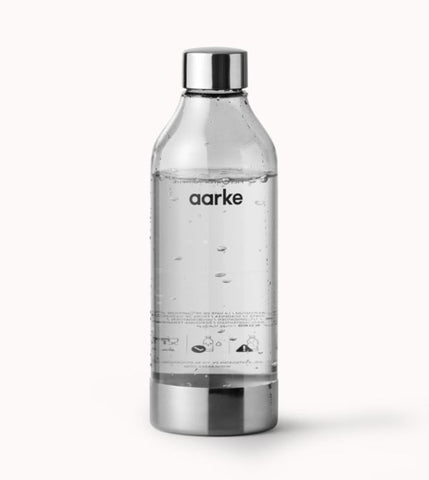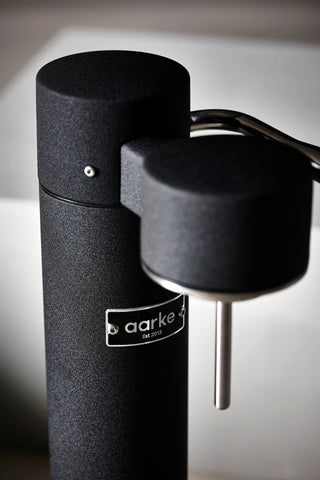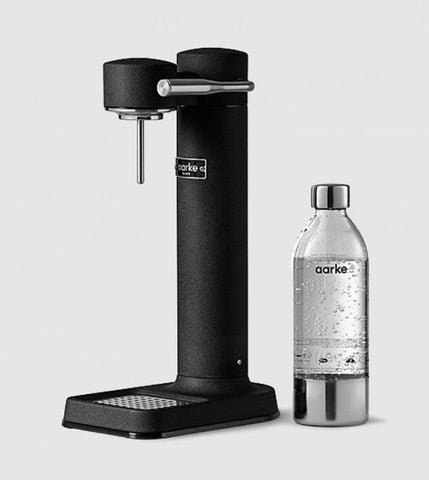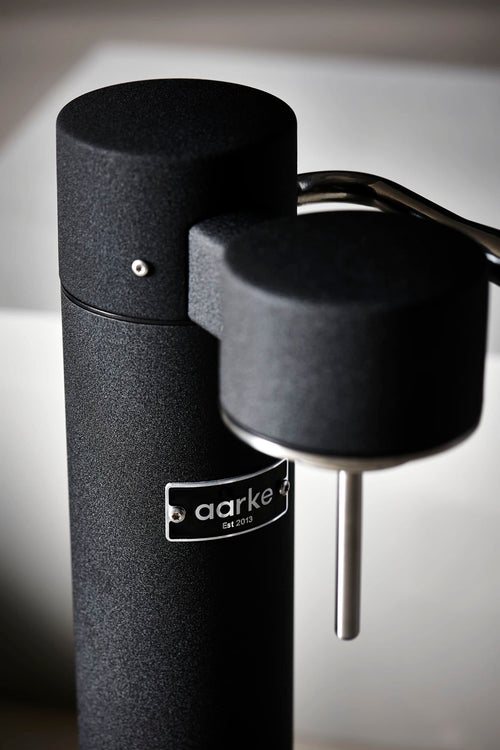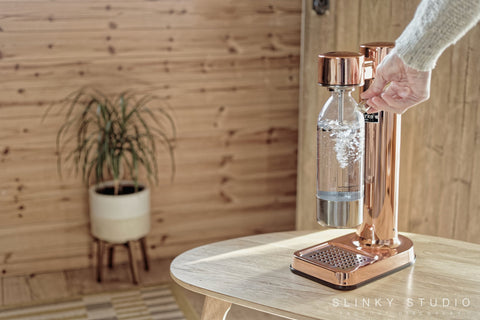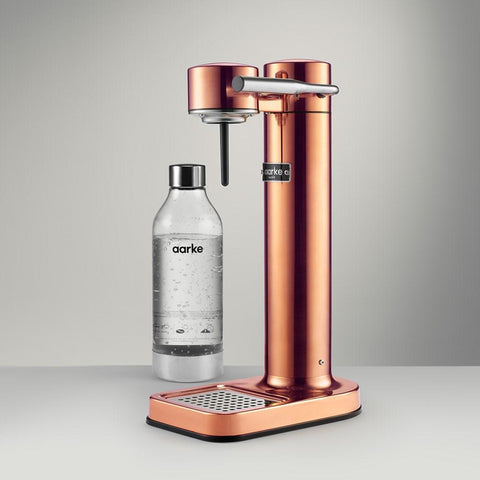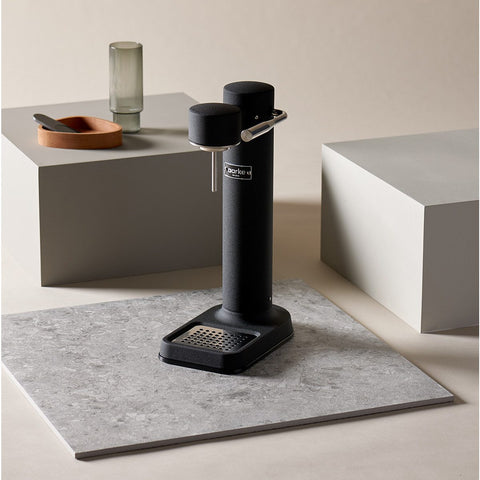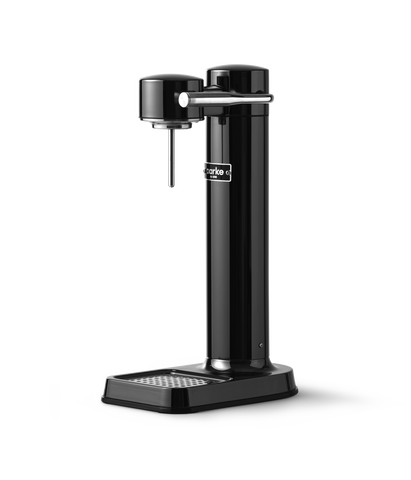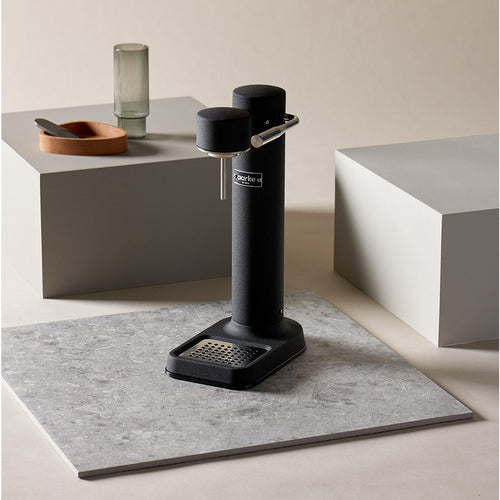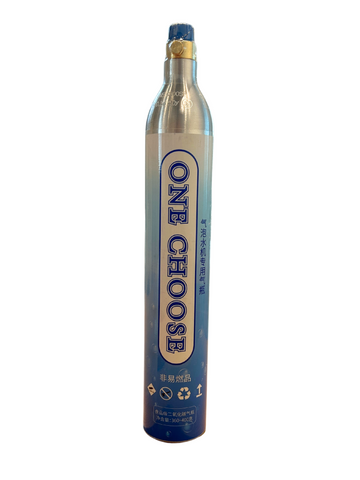A Guide To Cookware: Choosing The Right Tools For Your Kitchen
Cooking is not just about the ingredients and recipes; it's also about the tools and equipment we use in the kitchen. Among these tools, cookware takes center stage as an indispensable component of every culinary endeavor.
Quality cookware provides us with the necessary tools to apply different cooking techniques, control heat distribution, and achieve the desired results. Whether you are a passionate home cook or a professional chef, investing in high-quality cookware is a decision that can transform your culinary experience.
Here we will explore various types of cookware materials, discuss essential cookware pieces for every kitchen, and provide insights into factors to consider when purchasing cookware.
Types Of Cookware Materials
Cookware materials play a crucial role in determining the performance and quality of our cooking experiences. Below are the cooking materials, offering a delightful array of options to elevate your kitchen experience.
Nonstick cookware- Nonstick cookware features a coating that prevents food from sticking to the surface. This makes it ideal for cooking delicate foods like eggs, pancakes, and fish. Nonstick coatings are made from materials like polytetrafluoroethylene. A nonstick cookware set is easy to clean and requires less oil or fat for cooking.
However, it is important to use non-metal spoons to prevent scratching the coating. The nonstick cookware set is easily available everywhere, so you need not worry about it.
Stainless steel cookware -
Stainless steel is a favored choice for cookware due to its durability, resistance to rust and corrosion, and sleek appearance. Stainless steel cookware is a poor conductor of heat on its own, so stainless steel cookware often has an aluminum or copper coating or a disc bottom to enhance heat distribution.
Stainless steel is adaptable and can be used for various cooking methods. It is also easy to clean. However, stainless steel cookware can be prone to food sticking, and it may require the use of excess oil or other fats during cooking.
Cast iron cookware - Cast iron cookware has been used for centuries and is highly regarded for its excellent heat retention and even heat distribution. It is incredibly durable and can last for generations with proper care.
Cast iron cookware needs to be seasoned to develop a naturally nonstick surface suitable for high-temperature cooking methods like searing and frying. Cast iron retains heat well, making it ideal for long, slow-cooking dishes. However, it can be heavy and requires proper cleaning and maintenance to prevent rust.
Copper Cookware- Copper cookware offers exceptional heat conductivity, allowing for precise temperature control. It heats up quickly and distributes heat evenly across the cooking surface. Copper pans are highly responsive to changes in heat, making them ideal for tasks that require adjustments, such as sauteing and simmering. Copper cookware is aesthetically pleasing but requires regular maintenance to preserve its appearance.
Aluminium cookware- Aluminium is a lightweight and affordable material known for its excellent heat conductivity. It heats up quickly and evenly, making it suitable for fast cooking methods. Aluminium cookware is easy to handle. It often comes with a nonstick coating or anodized surface for added durability and resistance to corrosion. Aluminium cookware is widely available.
Ceramic Cookware- Ceramic cookware is made from clay that has been hardened and glazed. It offers nonstick properties without using synthetic coatings. Ceramic cookware is safe, non-toxic, and resistant to scratching. It provides even heat distribution and is suitable for oven-to-table serving. However, ceramic cookware can be prone to chipping or cracking compared to other materials and may require careful handling to maintain its integrity. Nonetheless, ceramic cookware is aesthetically pleasing due to its availability in various colors and patterns. It is easy to clean and dishwasher-safe. While choosing the material for your cookware, consider the option you are comfortable with. If you are a beginner chef, you should choose steel or aluminum cookware to be on the safe side. If you choose cookware for baking and oven use, you should opt for ceramic cookware.
Factors To Consider When Selecting Cookware
Choosing the proper cookware can be a daunting task. With a multitude of options available, each with its own set of advantages and considerations, it is important to understand the characteristics of different cookware materials and how they align with our cooking preferences and needs.
Here are some of the factors that you need to consider while buying cookware:
Heat conductivity - The ability of cookware to conduct and distribute heat evenly is crucial for achieving consistent cooking results. Look for cookware with excellent heat conductivity to confirm that your food cooks evenly without any hot spots. Materials like copper and aluminum are well known for their superior heat conductivity.
Durability - Durability is an essential element to consider, especially if you are looking for cookware that will last for years. Stainless steel and cast iron are known for their durability, while nonstick coatings may require more careful handling to prevent scratching or peeling.
Maintenance - Consider the maintenance requirements of the cookware. Some materials, like stainless steel, are relatively easy to wash and maintain, while others may require special care. Assess how much time and effort you are ready to invest in the maintenance of your cookware before buying it.
Compatibility with cooktops or induction- Ensure that the cookware you choose is compatible with your cooktop or range. For example, if you have an induction cooktop, you will need cookware with a magnetic bottom to generate heat. Verify the compatibility specifications before making a purchase.
Price range - Cookware is available at a wide range of price points. Set a budget that suits your needs and preferences. Keep in mind that investing in high-quality cookware can offer better longevity and performance, but it's essential to find the balance between quality and affordability.
Reviews and recommendations- Before making a final decision read reviews and seek recommendations from trusted sources. Reviews from other users can provide insights into the performance, durability and overall satisfaction with specific cookware brands and models.
Conclusion
By choosing the right cooking pot set, you can elevate your culinary skills, enjoy efficient and precise cooking, and confidently create delicious meals. Whether you are a novice cook or a seasoned chef, the right frying pan set or other cookware items will become your trusted partner in the kitchen, enabling you to explore new recipes, experiment with flavors and create memorable dining experiences. Happy cooking!









